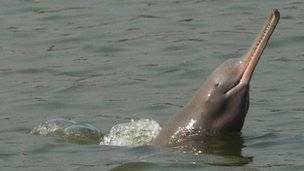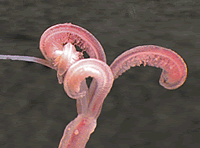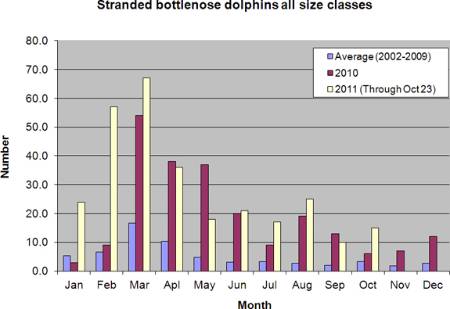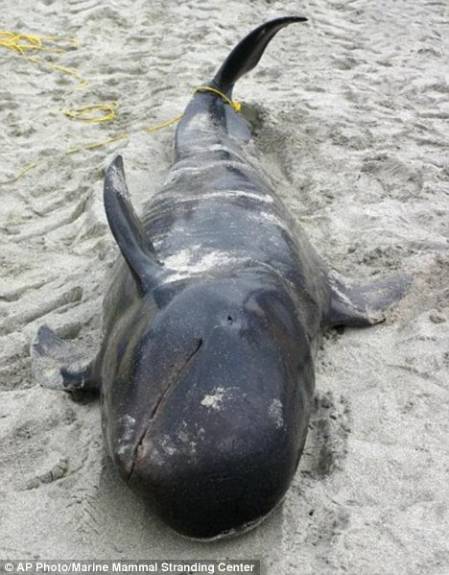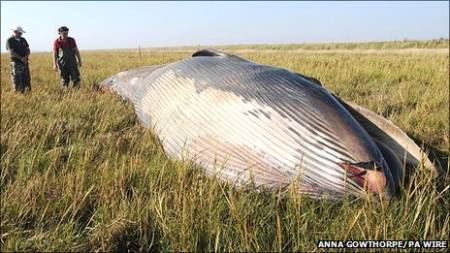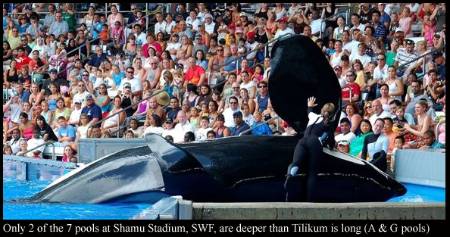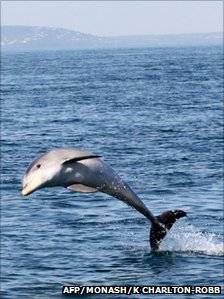I think New Zealand must see the most strandings of pilot whales (pure guess work, not based on data) and sadly there has been another one. 31 confirmed dead so far, this on the back of 22 sperm whales stranding in Tasmania.
THIRTY-one pilot whales were confirmed dead today as the lives of 34 others hung in the balance after a mass stranding on a peninsula at the north of New Zealand's South Island.
The remote location of the stranding meant rescuers were unable to help the marine mammals and their survival will depend on the tide, the Department of Conservation's area manager John Mason told the Nelson Mail.
Not much info so far but read more here: http://www.news.com.au/breaking-news/dozens-of-whales-dead-after-mass-stranding-in-new-zealand/story-e6frfku0-1226195572623#ixzz1dt0QiU9Z



